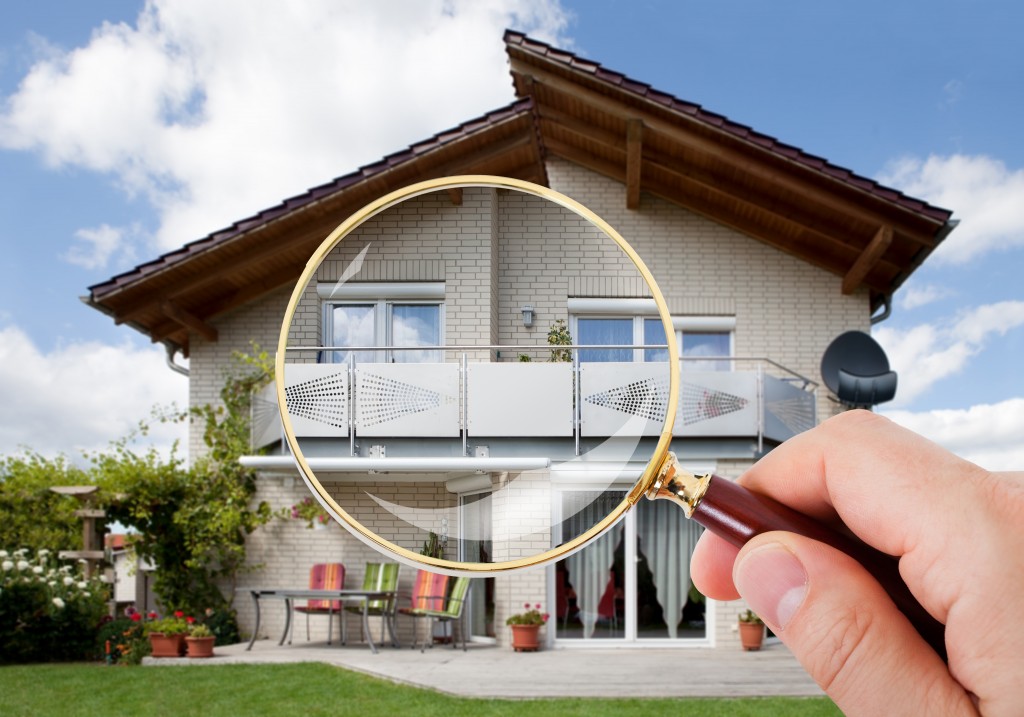Home inspections are an essential part of buying a new house. Whether you are a first-time buyer or an experienced one, you have to take a look at your potential purchase before you start negotiating. The biggest mistake you could make would be to depend on photos and descriptions alone. But even if you do commit to a home inspection, you can still make some mistakes. Here are some ones that you need to avoid.
Not Checking Out Your Home Inspector
When you hire a home inspector, you should be as thorough as checking into them as any licensed professional. For the same reason that you only trust your complex plumbing problems to licensed plumbers, you should also look for inspectors that have the right certifications or are a member of a trade organization. One of your best bets is the InterNACHI, the International Association of Certified Home Inspectors, but there are other trade organizations out there that might be specific to your region.
Having a certified home inspector helping you out can be a big deal. For one, they have the training to inspect the house properly. They also have to follow a certain code of ethics. You can trust certified inspectors to be thorough and inform you of everything wrong with the house.
Besides their certification, you should also check into how long they have been inspecting houses and what was their job before becoming a home inspector. It would be ideal if they were in the construction industry so that they have a better idea of what is wrong and what needs to be done to correct things.
So if you are tempted to inspect on your own, don’t do it. Let a qualified professional do it to get the best results.
Not Being At The Inspection
Many home buyers think that they can leave the inspection to the inspector. You might be busy or have something else to do. After all, the inspector will be sending you a report so you’ll know everything. That would be a big mistake.
The simplest reason why you need to attend the inspection is that it allows you to understand what is going on with the inspection fully. Reading a dry report is not the same as seeing what is wrong in person. You might even make the mistake of underestimating the report. It is much better to see what the inspector thinks is bad, and it gives a bit more urgency to it. It also allows you to see what exactly is going on with your potential new home.

Not Making a List
While you are at the inspection, you should be doing more than just watching the inspector do their job. Bring a notebook and pen and start making a to-do list. Part of it will be advice from the inspector but remember that you will be buying this house. If the purchase goes through, you need to have an idea of what exactly you need to do. It is not just the things that are wrong with the house that you need to make a list about either.
For example, you may think that the living room is a bit small or needs more lighting. This is a personal preference and not anything necessary. Keep listing down all the possible changes that you might want and all the necessary fixes. When you’re done, you can evaluate whether it is worth it to buy the home with all the additional expense of these changes.
Not Doing A Follow-up Inspection
The initial inspection is just the beginning. Your home inspector can find most of the issues, but they are not all-knowing. You need to do a follow-up inspection with experts so that you can know everything that needs fixing. While your main inspector has the necessary skills, the details might escape them. You’ll need to hire experts to see what needs to be done.
For example, your inspector found an electrical problem. You need to call in an expert electrician to evaluate what it would require to fix it. They might also detect further problems. Existing problems can be an indication of further issues. With the follow-u[, you can be sure that nothing is missed.
A good home inspection allows you to make an informed choice about your purchase. It also provides you with information that you will need to negotiate a good deal. Take note of the potential mistakes that you could make when making an inspection and avoid them as much as possible.

